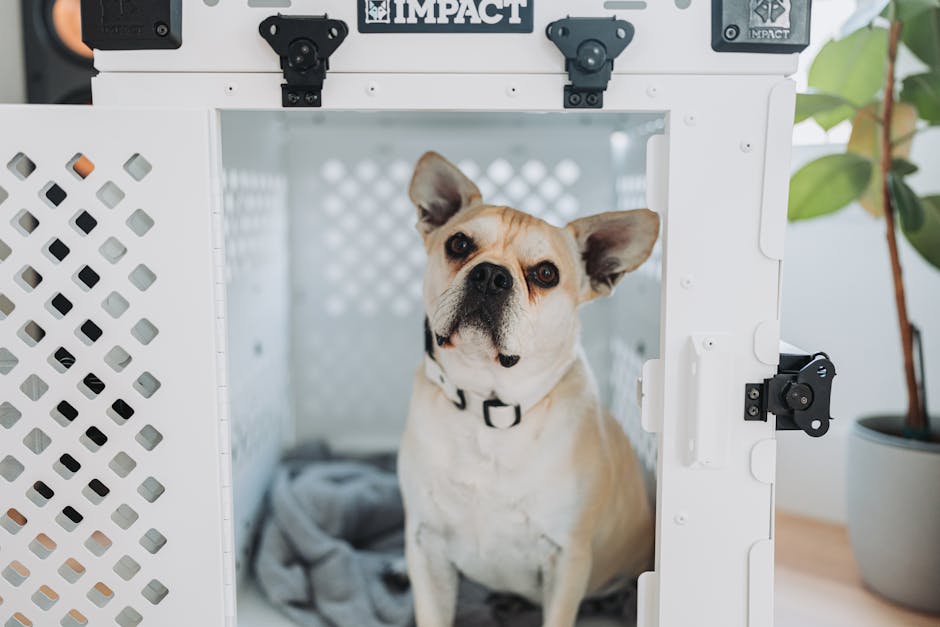The increasing popularity of pet ownership worldwide brings with it a complex array of considerations, extending beyond the emotional bonds we forge with our animal companions. A crucial aspect often overlooked is the environmental impact of keeping pets. From food production to waste management, pet ownership has undeniable repercussions on the planet. This article delves into the multifaceted environmental challenges associated with this cherished human-animal relationship.
A Significant Consumption Footprint
A substantial environmental burden arises from the sheer volume of resources consumed in pet food production and packaging. Modern pet food, particularly commercial kibble and wet food, demands a considerable input of agricultural products. Raising the necessary grains, meats, and other ingredients required for pet food often involves deforestation, water depletion, and the use of fertilizers and pesticides all contributing to soil degradation and biodiversity loss. The production of packaging materials, including plastic and cardboard, also adds to the overall environmental footprint.
Beyond the food, consider the resources used in the production of pet accessories, toys, and bedding. These products can incorporate materials like synthetic fabrics, plastics, and metals, increasing landfill waste and potentially releasing harmful pollutants during manufacturing. Further, the global trade in certain pet products, particularly exotic pets, can promote deforestation and the disruption of ecosystems, causing damage to fragile habitats.
Waste Management and Pollution
Pet waste, a seemingly insignificant issue, poses significant challenges for environmental sustainability. Animal feces contain pathogens and nutrients that can contaminate water sources, impacting aquatic life and potentially affecting human health. Managing this waste responsibly requires proper disposal and handling to prevent pollution of the surrounding environment. Further, the volume of pet waste generated daily, especially in urban environments, necessitates dedicated waste management systems, requiring resources and raising sanitation concerns.
The Carbon Footprint of Transport
The transportation of pet food and related products across vast distances adds to the carbon footprint of pet ownership. Global supply chains frequently involve significant fossil fuel consumption, leading to greenhouse gas emissions and contributing to climate change. The transportation of pets themselves, particularly for breeding or showing, can also be a source of emissions, especially when air travel is involved. Considering these logistics can help in making more sustainable choices for pet travel.
Breeding Practices and Animal Welfare
In certain pet ownership contexts, particularly with breeds and species experiencing high rates of demand, unsustainable breeding practices can significantly harm animal welfare and the environment. Overbreeding can put undue stress on animal populations, while the resulting demand for specific traits can lead to genetic health problems. Moreover, the increase in the demand for exotic animals further contributes to the unsustainable wildlife trade and contributes to habitat destruction and the extinction of species. Ethical breeders and responsible pet adoption are vital in mitigating these concerns.
Water Consumption
Many pet owners overlook the significant water demands associated with their pets’ needs. Daily hydration, bathing, and cleaning of pet housing all require substantial water resources, potentially placing additional strain on local water supplies, especially in arid or water-scarce regions. Responsible water management practices, like implementing efficient watering systems for pets, can help mitigate this concern.
The Importance of Responsible Pet Ownership
Pet ownership presents a variety of environmental impacts that must be considered. The practices of responsible pet owners can dramatically lessen the negative effects. Choosing to adopt, instead of buying, can significantly reduce the demand for commercially bred animals. Selecting pet food from sources that prioritize sustainable practices can also lessen the ecological cost of feeding a companion. Further, responsible waste disposal, including the use of biodegradable pet waste bags and composting, minimizes environmental contamination.
Conclusion: Balancing Love and Responsibility
Pet ownership is a deeply rewarding experience, but understanding and addressing the environmental impacts are essential for ensuring a sustainable future. By adopting more conscious choices in pet food, breeding practices, waste management, and transportation, pet owners can minimize their environmental impact while continuing to nurture their cherished animal companions. Education and awareness are key to bridging the gap between our love for pets and our responsibility to protect the planet. It is our collective commitment to sustainable pet ownership that will shape a more harmonious relationship between humans and their animal companions while protecting the health of our planet.
